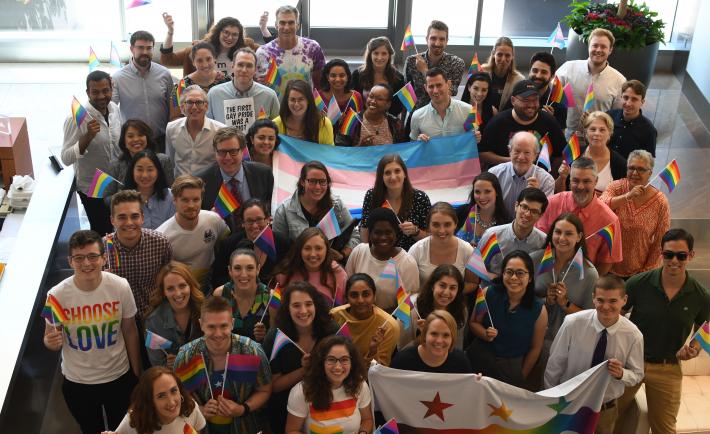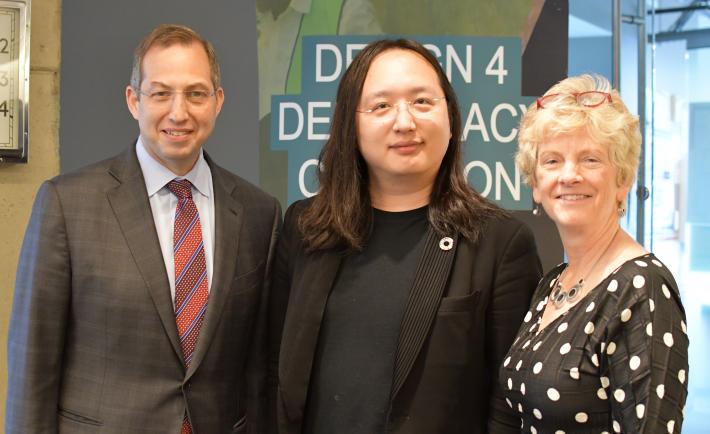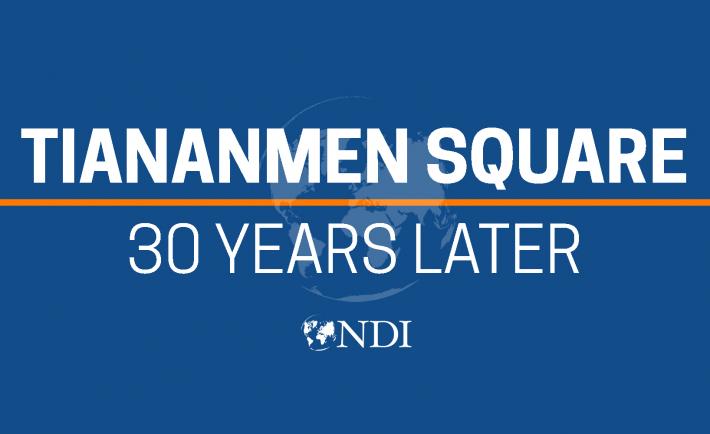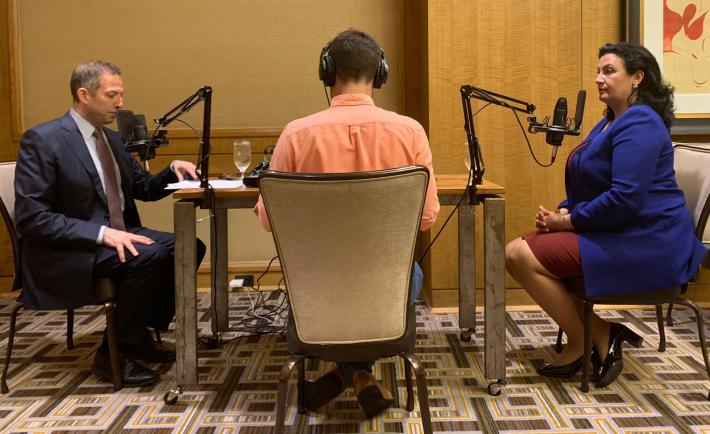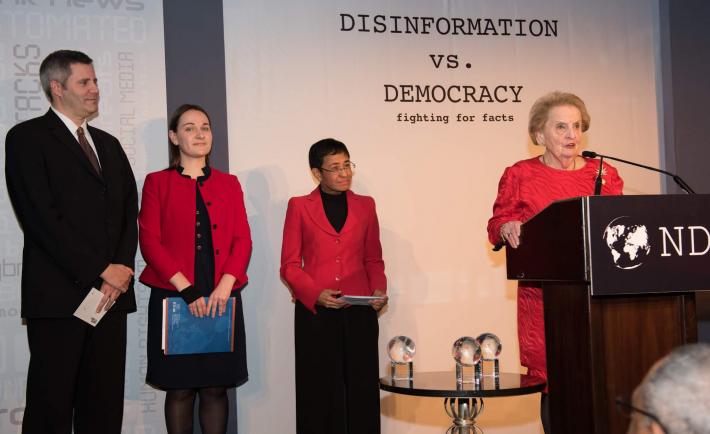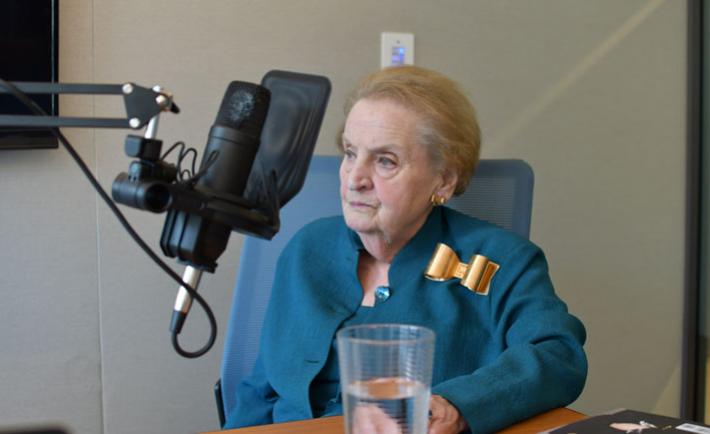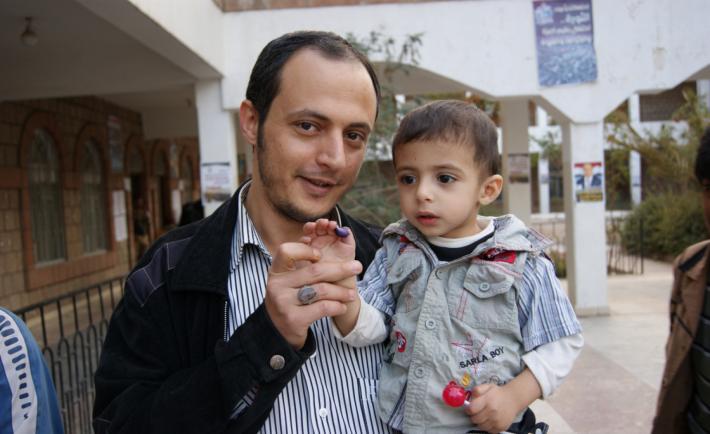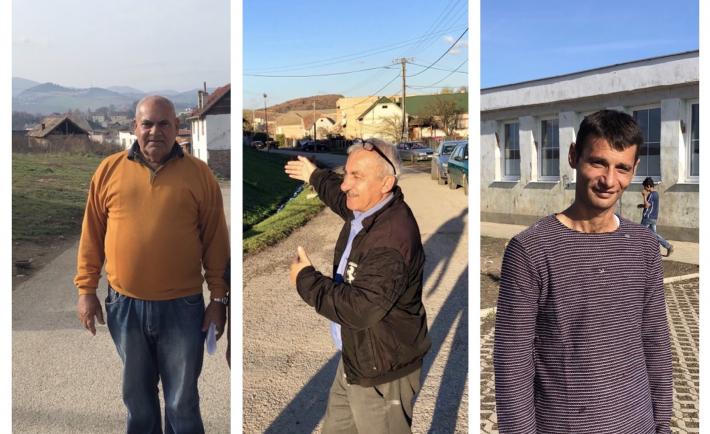_1_0_0_0.jpg)
Since 2014, hundreds of governments, and civic and political organizations have used DemTools, NDI’s democracy toolkit.
Since 2014, hundreds of governments, and civic and political organizations have used DemTools, NDI’s democracy toolkit. DemTools is an open-source software suite designed fill the critical needs of NDI’s partners around the world: involving citizens in decision-making, helping civil society organize for change, managing election data, and pushing their message out to thousands of people at a time.

